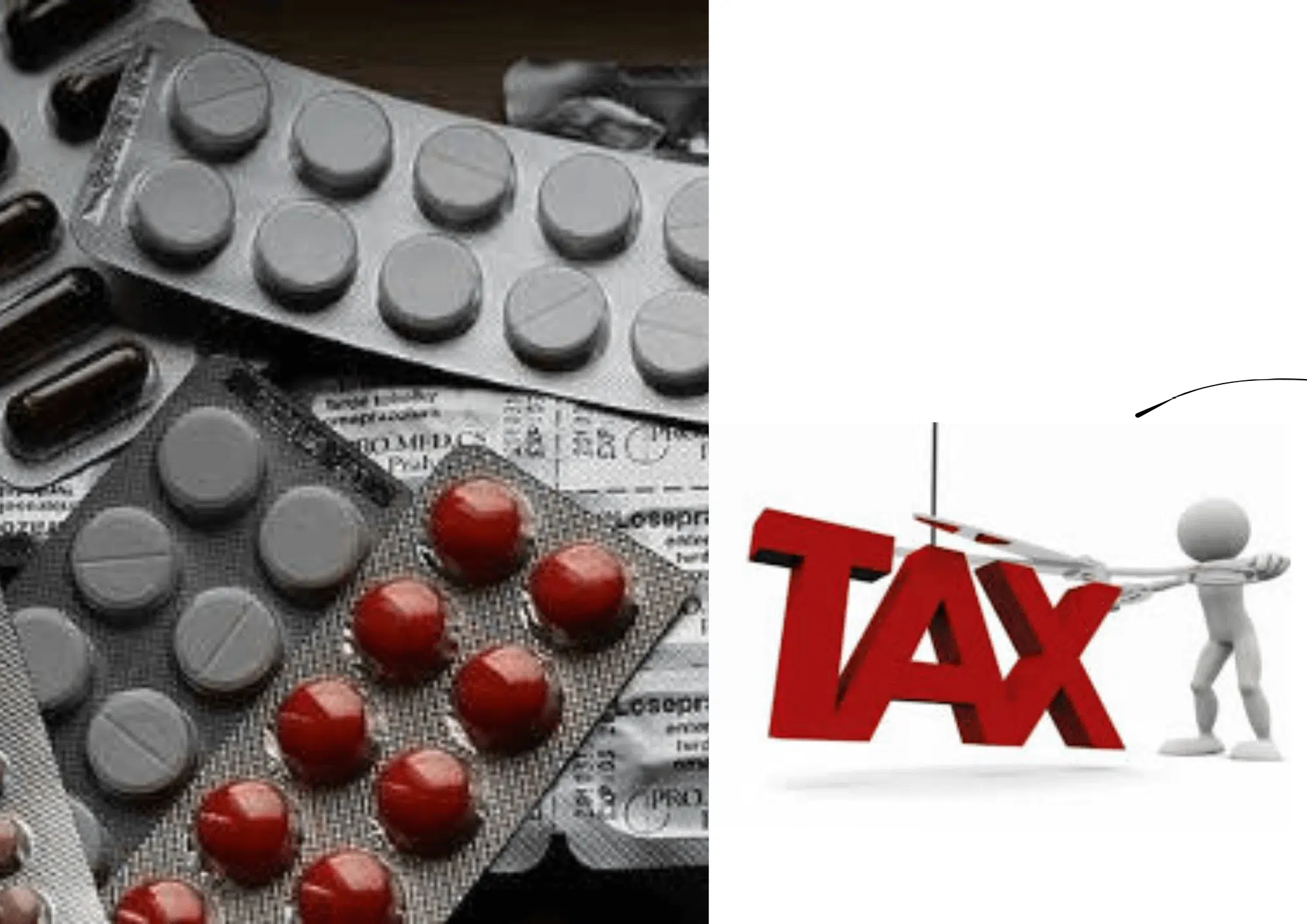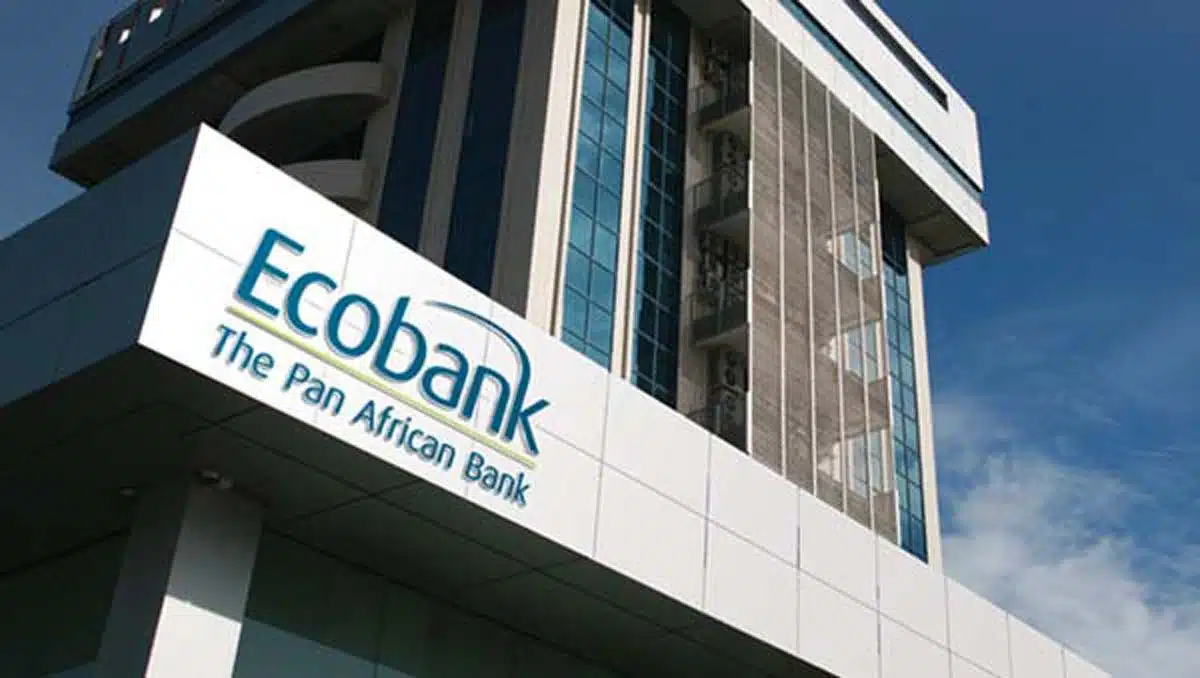The Nigerian government’s decision to introduce a full tax waiver on drugs starting in January 2025 could unlock new investment opportunities for financial institutions in Nigeria’s pharmaceutical space.
By eliminating taxes on raw materials and imported medicines, the policy is expected to reduce production costs, increase profitability, and attract both local and foreign investments.
With lower operational costs, pharmaceutical companies can reinvest in expanding their operations, improving product quality, and scaling production. This presents an opportunity for financial institutions to support the sector through tailored investment and financing solutions.
For instance, the African Development Bank’s $3 billion commitment to Africa’s pharmaceutical industry underscores the sector’s untapped potential. Locally, Emzor Pharmaceutical successfully raised N15 billion through a bond issuance to scale its operations, a move that highlights how investment can drive growth in Nigeria’s healthcare space.
Beyond industry expansion, the tax waiver could have ripple effects on job creation. As the pharmaceutical sector grows, more Nigerians will be employed, raising household incomes and driving demand for financial products like savings accounts, insurance, and loans. This creates a dual opportunity for financial institutions to serve a broader customer base while supporting the economy’s growth.
Foreign investment is another key area of potential impact. Historically, Nigeria has struggled with declining foreign direct investment (FDI), which dropped 26.7% from $5.3 billion in 2022 to $3.9 billion in 2023, due to political risks and high production costs. By lowering costs and boosting profitability, the tax waiver is expected to make Nigeria’s pharmaceutical industry more attractive to global investors.
Ultimately, this policy is more than a healthcare reform—it’s a strategic move with economic implications. For financial institutions, it signals an opportunity to invest in a high-growth sector, help drive job creation, and contribute to economic development while improving healthcare access for millions of Nigerians.






